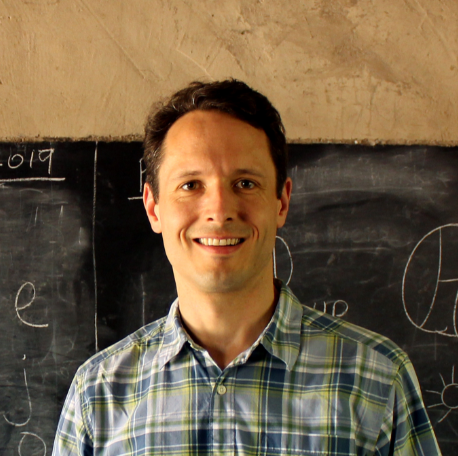The Impact of Secondary Schooling in Kenya: A Regression Discontinuity Analysis
Published in Journal of Human Resources, 2018
Abstract
I estimate the impacts of secondary school on human capital, occupational choice, and fertility for young adults in Kenya. Probability of admission to government secondary school rises sharply at a score close to the national mean on a standardized eighth grade examination, permitting me to estimate causal effects of schooling in a regression discontinuity framework. I combine administrative test score data with a survey of young adults to estimate these impacts. My results show that secondary schooling increases human capital. For men, I find a drop in low-skill self-employment; for women, I find a reduction in teen pregnancy.
Other versions
Link to published paper in the Journal of Human Resources
Pre-print unformatted 2016 manuscript (pdf)
Earlier version appears as World Bank WPS 7384, August 2015, also available from SSRN
Data
Data and analysis files: (hosted at github) / (or try the same URL but via https)
Media
Blog coverage by David Evans on Development Impact: Regression Discontinuity Porn
Featured in World Bank Development Research e-Newsletter September 2015
Other details
JEL codes: I21, I28, J00, O12, O15
Recommended citation: Ozier, Owen. "The Impact of Secondary Schooling in Kenya: A Regression Discontinuity Analysis." Journal of Human Resources 53, no. 1 (2018): 157-188.
